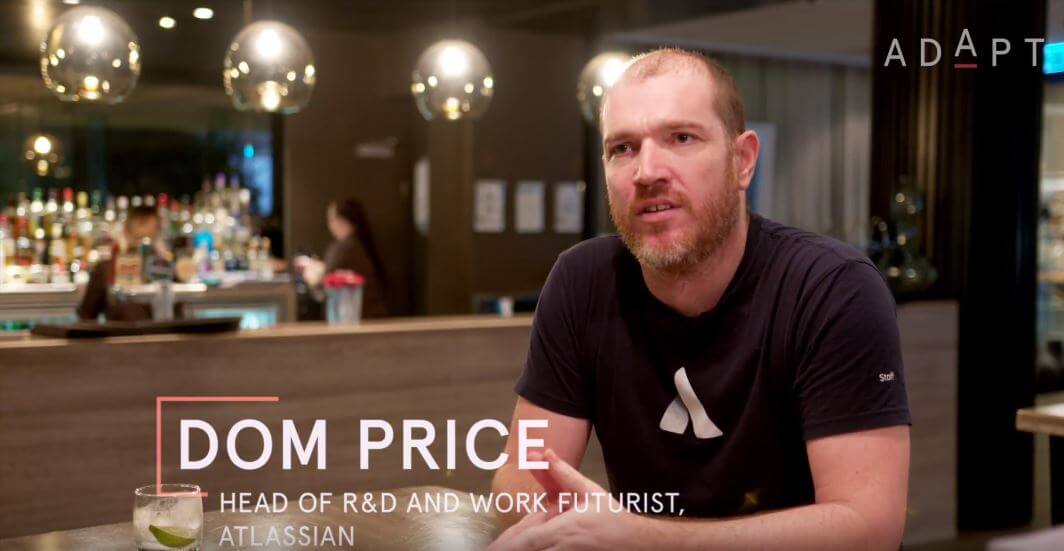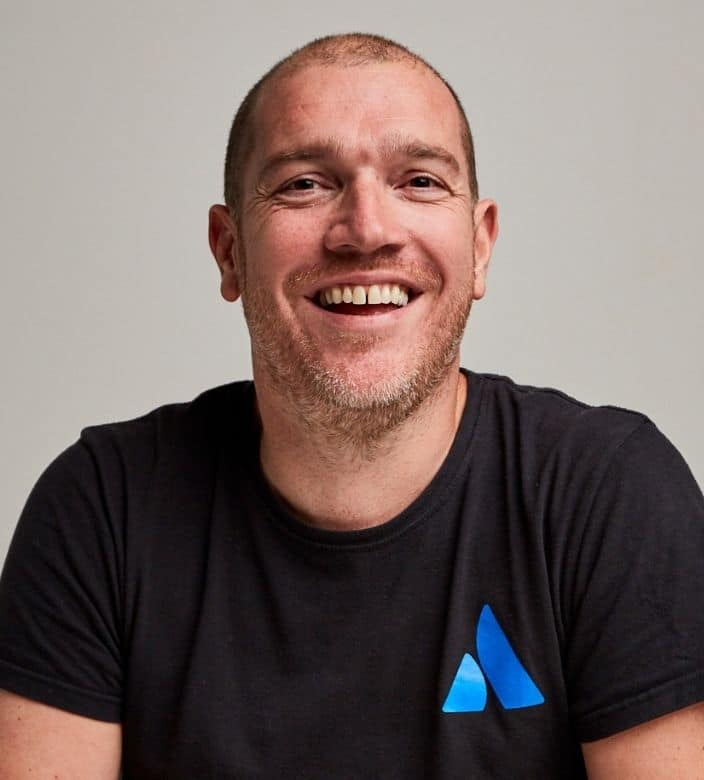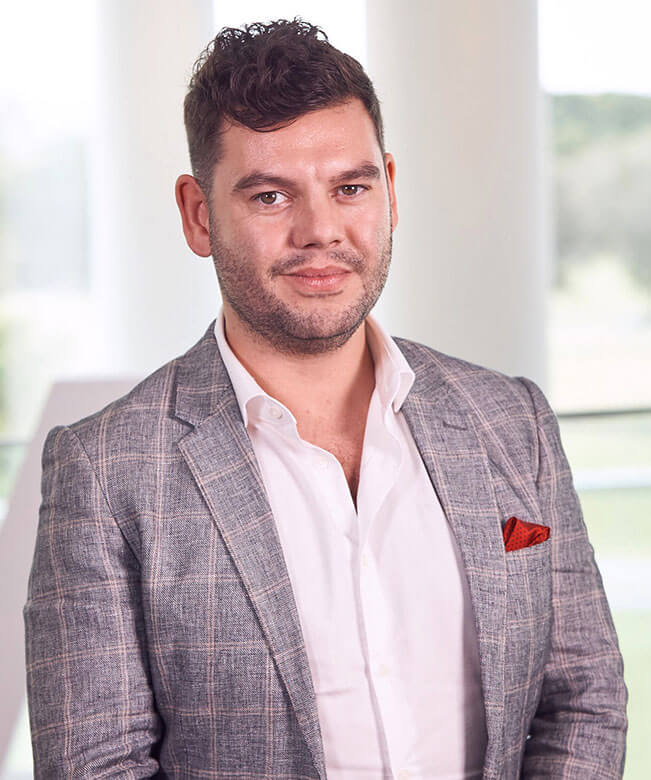Atlassian’s Chief Futurist on Protecting Your Mental Health with Increased Cognitive Load
As Head of R&D and Work Futurist at Atlassian, Dom Price studies the dynamics of successful teams from around the world and identifies the strategies that enable them to foster innovation, create true collaboration and ultimately be more human.As Head of R&D and Work Futurist at Atlassian, Dom Price studies the dynamics of successful teams from around the world and identifies the strategies that enable them to foster innovation, create true collaboration and ultimately be more human.
Dom recently sat down with Matthew Hanley (Partner, ADAPT), to discuss the importance of executive networking and knowledge sharing; culture; transformation techniques; skilled labour migration legislation; the future of work and much more.
Dom spoke at CIO Edge to 150 CIOs on “More guidance, less process. How to be nimble, autonomous and agile with great teamwork.” ADAPT Research and Advisory clients can access this content.
Matthew Hanley, ADAPT’s Partner: You use the term “Become More Human” – What areas are businesses not talking about that they really should be?
Three biggest kinds of hot topics for me right now are things we’ve kind of we’re not properly dealing with. The first one is as automation and robotics take away the mundane tasks, and we’re doing more and more hours, who’s looking after our cognitive load?
Back in the last Industrial Revolution, you got calluses on your hands, if you worked hard, but who can see the calluses on mine and your brain? Who can tell if we’re suffering? And I don’t think mental health is something we ever want to cure, I think we owe it to each other to prevent and not cure.
The second one is, as technology becomes more pervasive, how do we understand the working hours, and the discipline required to have balance?
Whether we work-life balance or work-life integration, whatever we want to call it this month, how do we make sure people don’t burn out through working more? When actually, we want them to do less work and just be more effective.
And the third one, which is probably the most obscure area is, with the rate of change in technology, in jobs with millennials and every other generation and people living for longer, I believe we need to sign up for lifelong learning.
There are many jobs that I believe that I’m probably going to have in my career that hasn’t been invented yet, that I might not have the skills for.
I don’t know who owns making sure that we all have access to lifelong learning, and making sure that as roles disappear, through automation technology, that it’s equitable who gets those.
For example, a coal miner who loses their job in the deep south of the U.S., they’re probably not going to make a great UX designer in Silicon Valley. The growth for them is in the wrong sector.
What do we do to make sure that wealth and happiness are evenly distributed, in a world where technology and data science becomes pervasive?
Watch the full interview here and watch Dom Price’s full keynotes at Edge events as an ADAPT Research and Advisory client.
 Watch
1:45
Watch
1:45






























